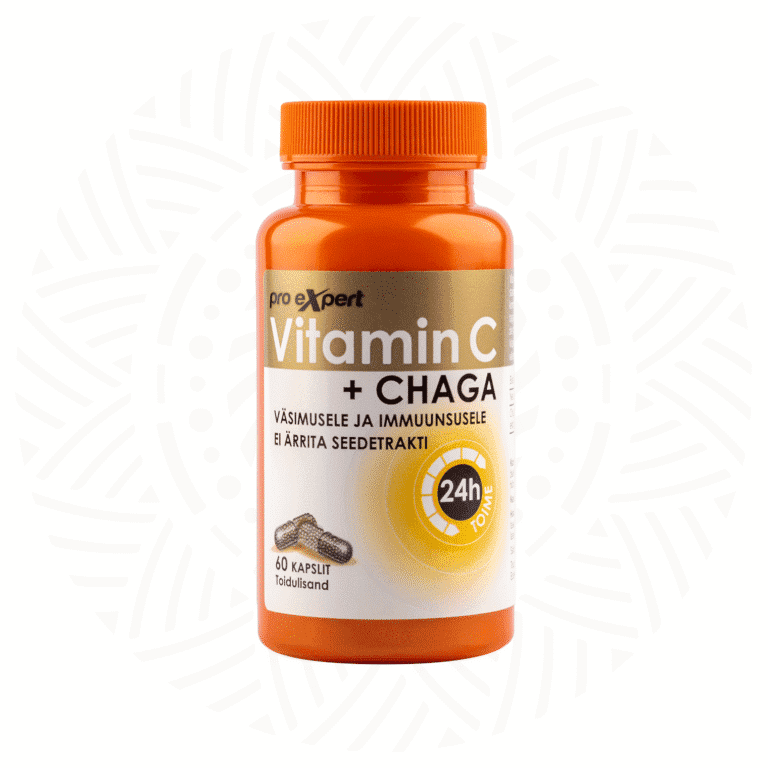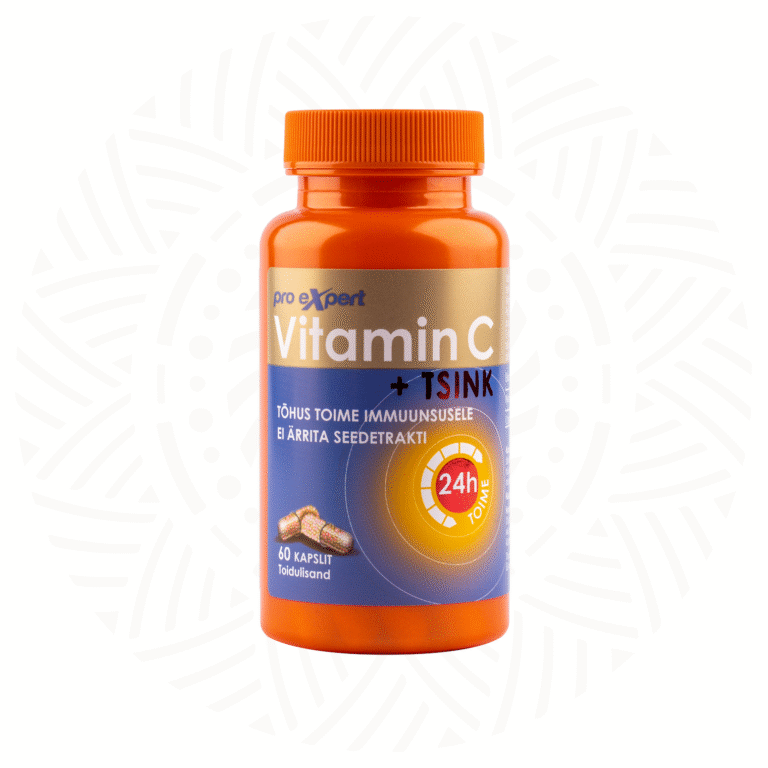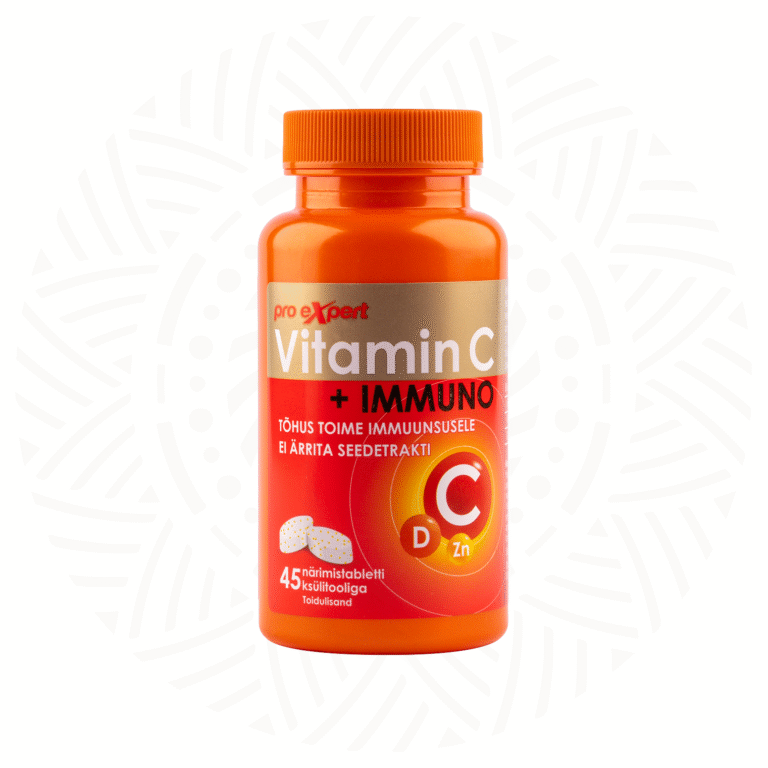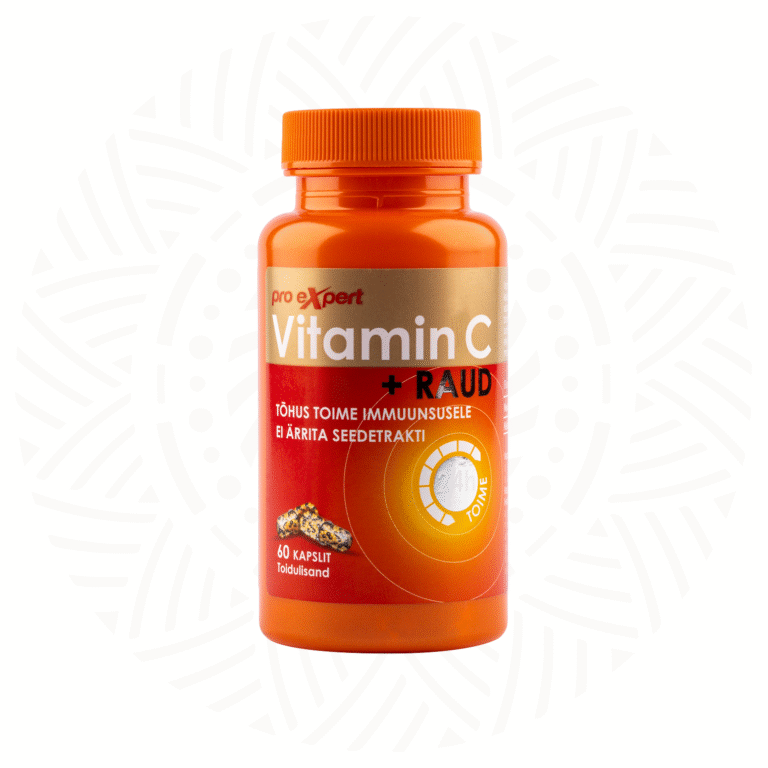Golden autumn has arrived, bringing its vibrant colors, shorter days, and stronger winds. The arrival of the darker and colder season weakens the immune system. This is the time to invest more in your health. To stay healthy and fight off viruses, it’s time to start protecting yourself. Vitamin C, also known as ascorbic acid, is undoubtedly one of the most well-known vitamins used for immune support during autumn and winter. Below, we present the most important facts you should know about this essential vitamin.
The human body cannot produce vitamin C on its own, which is why it must be continuously obtained from food. According to the Health Development Institute, vitamin C deficiency is largely due to an unbalanced and monotonous diet. However, even those who eat consciously may still develop a deficiency of this vital vitamin. Why? Because vitamin C is very sensitive to temperature, with about 60% being destroyed during heat treatment. It also degrades when exposed to light, air, and heat. Our body cannot store vitamin C, and its reserves are short-lived. Persistent vitamin C deficiency is harmful and can even be dangerous.
Vitamin C deficiency has multiple effects. On one hand, vitamin C is known as an energy-boosting vitamin. Its deficiency leads to fatigue and exhaustion. On the other hand, vitamin C is a versatile and essential building block for good health. Studies show that a lack of vitamin C increases susceptibility to upper respiratory tract infections. Commonly referred to as colds, adults typically experience these infections 2-3 times a year. Evidence suggests that taking vitamin C daily from autumn to spring helps enhance the body’s endurance, shorten illness duration, and ease symptoms. It is a powerful antioxidant that supports the immune system when fighting viruses.
Fresh fruits and vegetables, along with local berries, are among the best sources of vitamin C. You’ve likely heard the saying, “An apple a day keeps the doctor away.” In addition to apples, excellent local sources of vitamin C include bell peppers, rutabaga, rose hips, blackcurrants, and sea buckthorn berries. By consuming at least five servings of different fruits and vegetables, you are more likely to get the necessary amount of vitamin C. However, according to the Health Development Institute, only 10% of people consume the recommended amount of fruits and vegetables. If you fall into the remaining 90%, it’s worth seriously considering vitamin C supplementation.
Pure vitamin C is acidic and can irritate the stomach and intestines in many people. Individuals with a sensitive stomach may find regular vitamin C too harsh on their digestive system. The vitamin C section in pharmacies offers a wide range of options, so asking a pharmacist for advice is recommended. Non-acidic vitamin C, which has a neutral pH, is a better choice. It is well tolerated even by those with digestive sensitivities and allows for absorption without causing irritation.
The body cannot absorb large amounts of vitamin C at once. Biochemists point out that, in terms of absorption, the optimal single dose of vitamin C is 180-200 mg. When this amount is exceeded, the absorption rate drops, and the higher the dose, the less effective absorption becomes. For example, with a standard 500 mg vitamin C tablet, bioavailability is only about 60-70%. To achieve the best effect, it is advisable to take vitamin C in divided doses every few hours. While this may be slightly inconvenient, those who prefer a larger, once-daily dose should opt for time-release vitamin C. This formulation gradually releases the active ingredient, ensuring stable, long-lasting effects and effective protection throughout the day.
Stay stronger against viruses!








